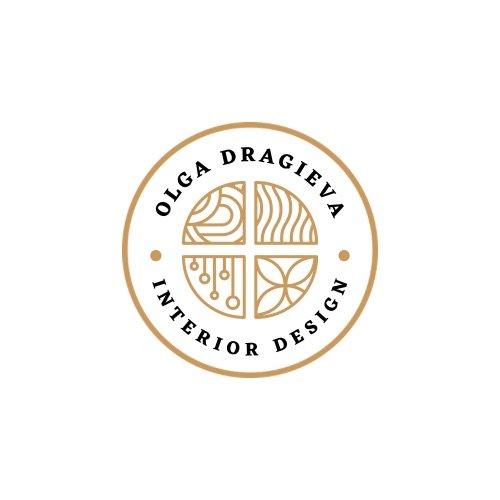Teaching Philosophy
Throughout more than 19 years of teaching experience I have worked with violinists from wide variety of backgrounds, skill levels and goals. From students first discovering the violin, to advanced students preparing for orchestral and college auditions, I will nurture and guide them down the best path to develop their musicality, grow their potential and reach their individual goals.
Over the years, by incorporating my European background and education into my American education, I have developed a hybrid teaching style. It is a union between the Russian/Bulgarian school with the Suzuki method. This union has allowed me to interweave the use of the Suzuki method with my knowledge and experience in theory and solfège. This means that my students start learning, writing and singing the notes from the beginning of our studies. With all of my students I work on developing their musicality and critical thinking in a way that when they work on a piece at home they know what to listen for when they practice.
To be your best it is important to remember that there is always room for improvement and growth. Regardless of how advanced the student is, proper violin and bow hold, posture and intonation are areas that every violinist should focus on throughout their studies and career.
I focus on developing the student's awareness of their own body while playing and keeping the body relaxed as much as possible. To that end, over the last six years I have integrated different breathing techniques and hand exercises. I find them extremely helpful for injury prevention related to playing the violin. I encourage the practice of stretching exercises, swimming to relax the body and mind, and being active. This helps build muscle stamina and keep the spine in alignment.
My teaching philosophy is grounded in fundamentals such as Galamian's Principles of Violin Playing & Teaching as well as Bulgarian methodologies by Avramov and Souroujon. I strive to choose repertoire for my students which will challenge them, help their growth and keep them engaged. At the same time it should not feel overwhelming. Using the student’s input and ideas, I work to find the piece that is right for them. I stress the necessity of regular daily practicing, which produces better results than five hours once a week, but I encourage taking a break when necessary.
I encourage performing in recitals, playing for friends and family members, and using any other performance opportunities to develop self confidence and combat the anxiety associated with playing on stage. Attending masterclasses and active participation in chamber music festivals is something i encourage all of my students to do. I am positive that the more times we perform something on stage, the easier it becomes, and the better the final result.
Most importantly, I encourage my students’ love for music through the joy they experience playing an instrument and the sense of accomplishment from learning a new skill. Playing an instrument teaches us to be persistent and calm, to be hardworking and disciplined. It helps us to enjoy and appreciate the beauty around us and to be a bit more present in a fast paced world of great technological advancements.
